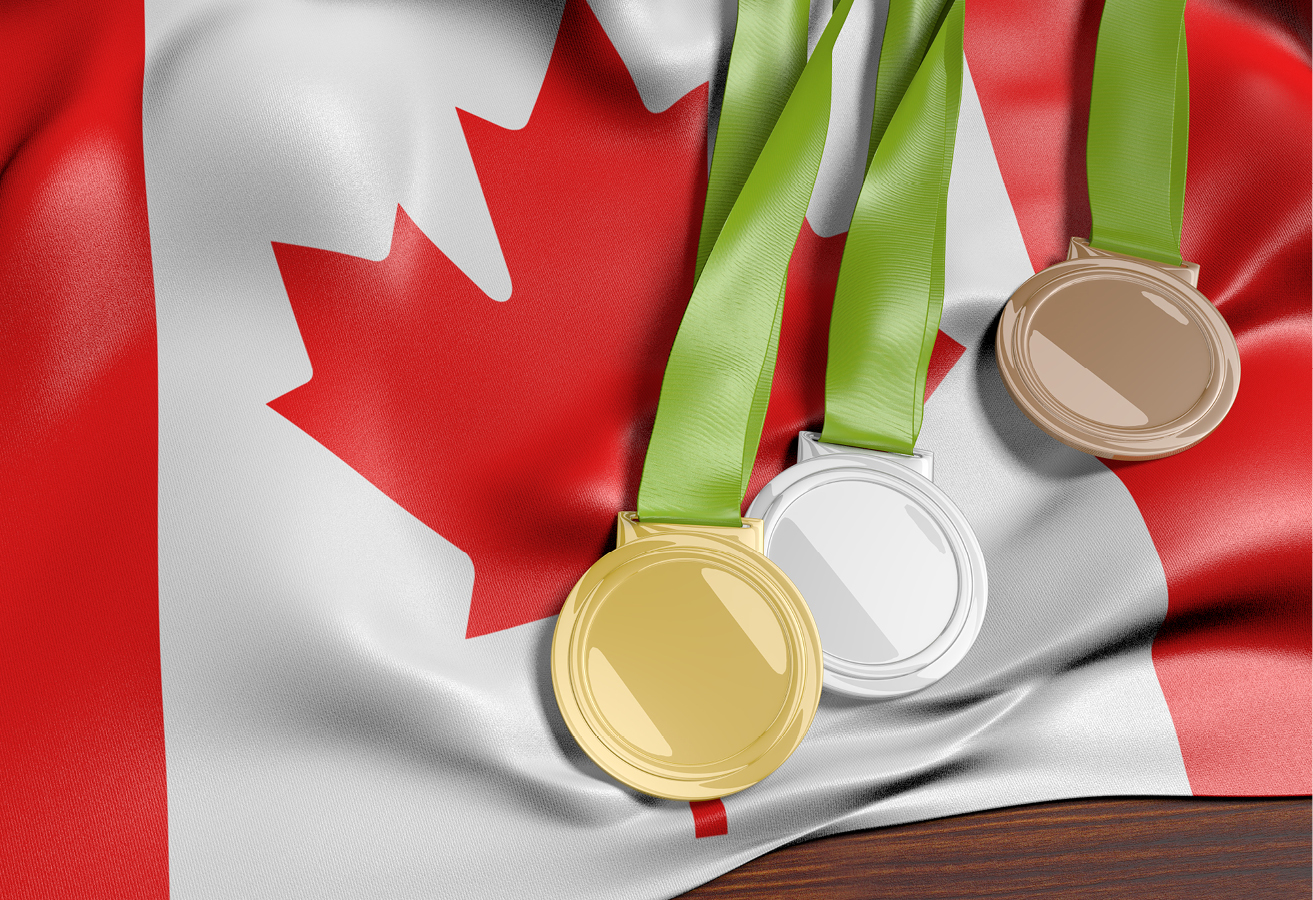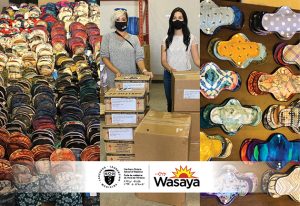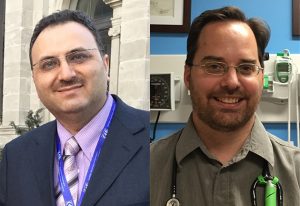Is the pandemic an Olympic endurance test?
Posted on August 10, 2021
The 2020 Summer Olympics was held from July 23 to August 8, 2021 in Tokyo. It took a year longer than expected, but the opening ceremonies looked much like any other—athletes from around the world marched in with the flags of their countries and Japanese culture and artistry was on display.
Here’s a sample of how Canada performed, and as always, the moments of achievement that make us all proud and verklempt with joy.
Andre De Grasse set yet another Canadian record as he ran to the gold medal in the 200-metre final with a time of 19.62 seconds, having already captured the bronze medal in the 100-metre event. Swimming, my favourite watching pleasure, saw Maggie MacNeil get gold, and Kylie Masse get double silvers. The 4×100-metre medley team captured the bronze medal. Penny Oleksiak, who anchored as freestyle in her leg, won the seventh Olympic medal of her career—historically becoming Canada’s most decorated Olympian—also took bronze in the 200-metre freestyle. And it was silver for the women’s 3-metre synchronized springboard. Rowing (a solid sport for Canada) won gold for the women’s eight and the women’s pair received bronze medals. Amazingly, Maude Charron got gold in the Women’s 64kg weightlifting competition and others also claimed the podium for Canada. And, there were more gold medal finishes for Damian Warner in the decathlon and the thrilling victory for the women’s soccer team who defeated Sweden 3-2 on penalty kicks after the teams tied at one.
The Tokyo Olympics will go down in history for many reasons. This was the first Olympic Games to be postponed, the first to be held in the midst of a pandemic, and the first to be held without an audience. They will also be remembered in another first, namely for the mental health challenges of two of the world’s largest sports superstars: gymnast Simone Biles and tennis player Naomi Osaka.
Mental performance is related to the psychology of sports performance and uses mental skill training to prepare athletes for optimal performance and well being. The problem with mental performance is that it is intangible. With strength training, it’s easy to see physical improvement, but it’s much harder to witness improvements in self-confidence and mental resilience. The achievements of our Canadian team in face of all this year’s challenges and COVID-19 restrictions is nothing short of remarkable.
In our own ways, we have all been in Olympic style training to survive COVID-19. The pandemic has drastically changed life for all of us. Schools and universities have closed, exams and events postponed, and some services have been limited. Socializing with friends and wider family was tough, and in some places even punishable. Living in these circumstances has been hard on everyone’s social, physical and mental wellbeing.
As we play the evidence-based guessing game, it becomes even more challenging to figure out whether to mask or not to mask, to go back to school/work or not, and to anticipate if or when the fourth wave will happen. Add to that the determination of whether vaccination boosters will be needed, especially for those who had mixed vaccinations.
A population survey conducted in April and May 2020, found a three-fold increase in depression since the pandemic began. The researchers examined mental health issues relative to 13 pandemic-specific stressors, including loss of a job, death of someone close to you due to COVID-19, and financial problems. The more stressors people reported, the more likely they were to also report symptoms of anxiety and depression. A Kaiser Permanente survey in July 2020 found that the pandemic was taking an emotional toll, with a majority of U.S. adults (53%) saying that worry and stress related to COVID-19 has had a negative impact on their mental health.
These studies were done early in the pandemic. Yet, here we are now well into the summer of 2021 and the repeated exposure to cortisol (the stress hormone) isn’t letting up. Scientists are tracking a surge in depression with large data sets and international comparisons. A scoping review in April 2021 encourages positive innovations in connecting community-based care with physical and mental health, while accelerating digital services and policy change to address long-standing inequities.
The Olympics highlight the positive effect that exercise has on mental health, and also how poor mental well-being can affect athletic performance. Stress can be a double-edged sword. To cope with the influence of the pandemic brain—a term coined to describe the impact of the prolonged uncertainty and weirdness of our current world—exercise will help, along with good nutrition, sleep and a positive attitude.
Let’s continue to champion one another, the way we do with our Olympians, to help keep spirits high and strive for a healthier future.
Miigwetch, thank you, marsi, merci,
Dr. Sarita Verma
Dean, President and CEO
Northern Ontario School of Medicine
If you have any feedback or comments, please reach out at dean@nosm.ca and follow me on Twitter @ddsv3.
| Subscribe to Northern Routes |

We’re evolving: NOSM University update
The evolution of NOSM into NOSM University continues with much enthusiasm and there is work to be done. The Northern Ontario School of Medicine University Act was passed and received Royal Assent on June 3, 2021. We are awaiting Proclamation in Force for this Act, which is reliant on the Minister of Colleges and Universities and several legal and political processes. In the meantime, it’s business as usual. Our partnerships with Laurentian University and Lakehead University are highly valued. We are continually engaged in communications with leaders and stakeholders across the region and are planning a consultation and engagement process this fall. More details will follow regarding consultation, which includes a public survey, meetings, focus groups, interviews and town halls.

$300k gift from McConnell Foundation supports NOSM’s Centre for Social Accountability
NOSM’s new Centre for Social Accountability (CFSA) has received a grant valued at $300,000 from the McConnell Foundation—a private Canadian foundation that supports innovative approaches to social, cultural, economic and environmental challenges. The funds are earmarked for advocacy and research dissemination as well as administrative start-up costs for the Centre. Learn more.

Wasaya Airways supports NOSM students’ menstrual product drive
People in rural and remote Northern Ontario communities can expect to pay double the price for the same menstrual products found in larger cities in Ontario. Organized by NOSM medical students, a menstrual product drive for the fly-in community of Fort Severn First Nation—the most northern community in Ontario—provided kits for every single menstruator in the community. Wasaya Airways has generously committed to covering all the shipping costs and will be delivering the products to the fly-in community. Read more.



